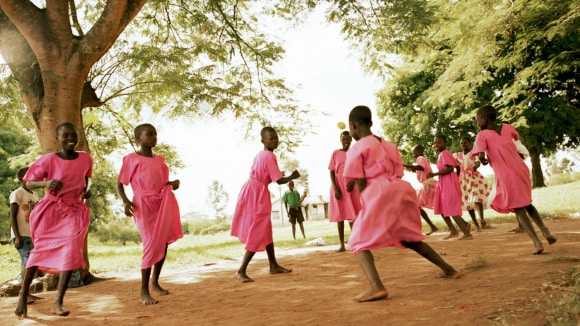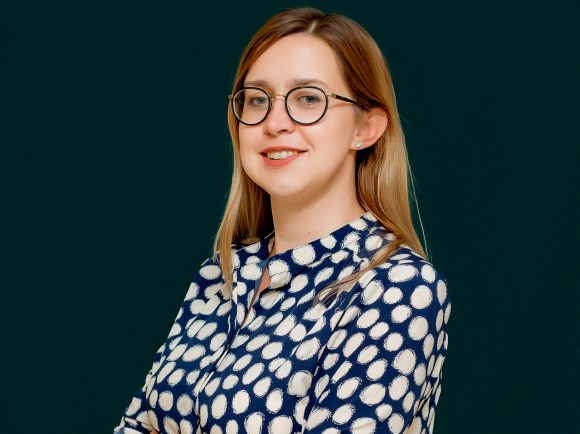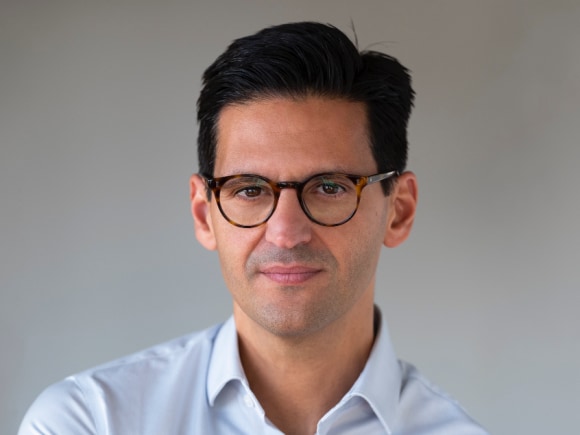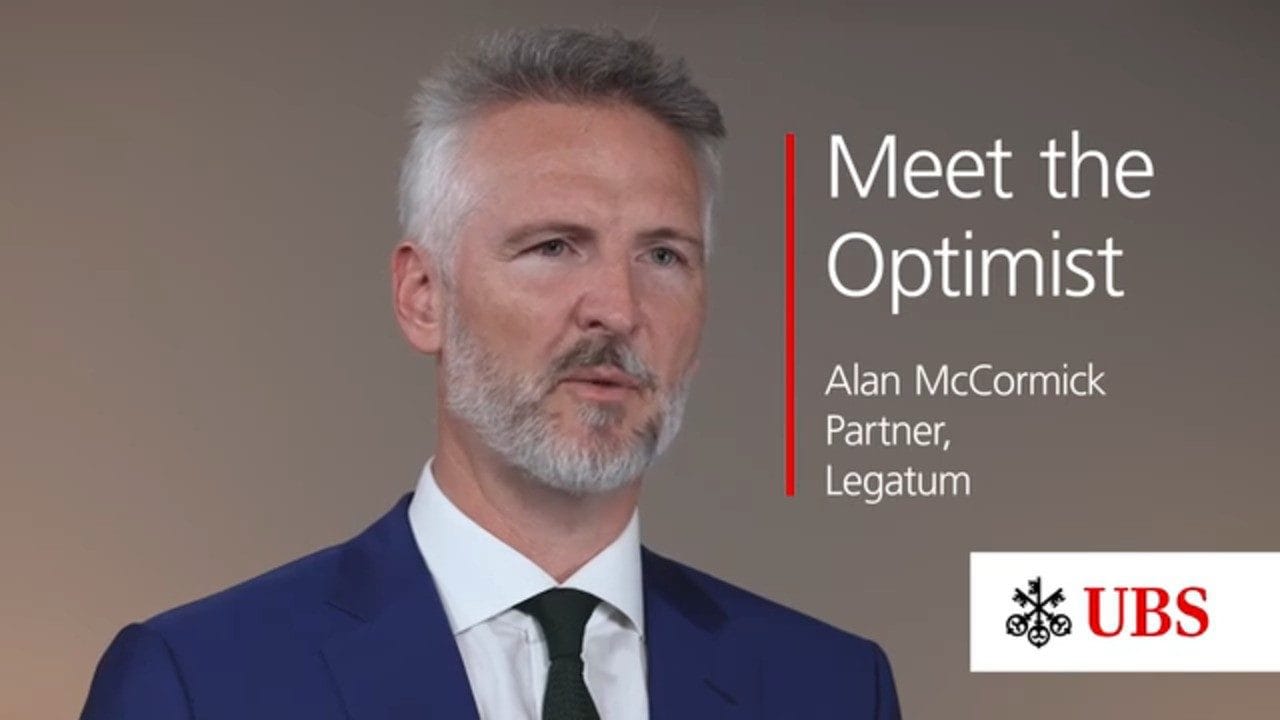Launched especially for our anniversary, we’re pleased to share a series of interview shorts called The Optimists, which highlights some of the incredible people who have been instrumental in our progress – those brave enough to make pivotal decisions, significant donations and extraordinary efforts to advance our shared goals. Nominated by their peers, let’s get to know some of the people that have had an impact on our 25-year journey and what they’ve learned along the way.
We will add more Optimist interviews as we celebrate in the weeks and months ahead – do come back again soon!
We are the Partners
We are the Clients
We are the Board Members
We are the CEOs
We are the UBS Optimus Foundation employees
We are the Employee Ambassadors
UBS Optimus Foundation
Celebrating 25 years of impact
Over the past 25 years, and together with you and our partners, we have driven meaningful change in health, education, climate and the environment.




















